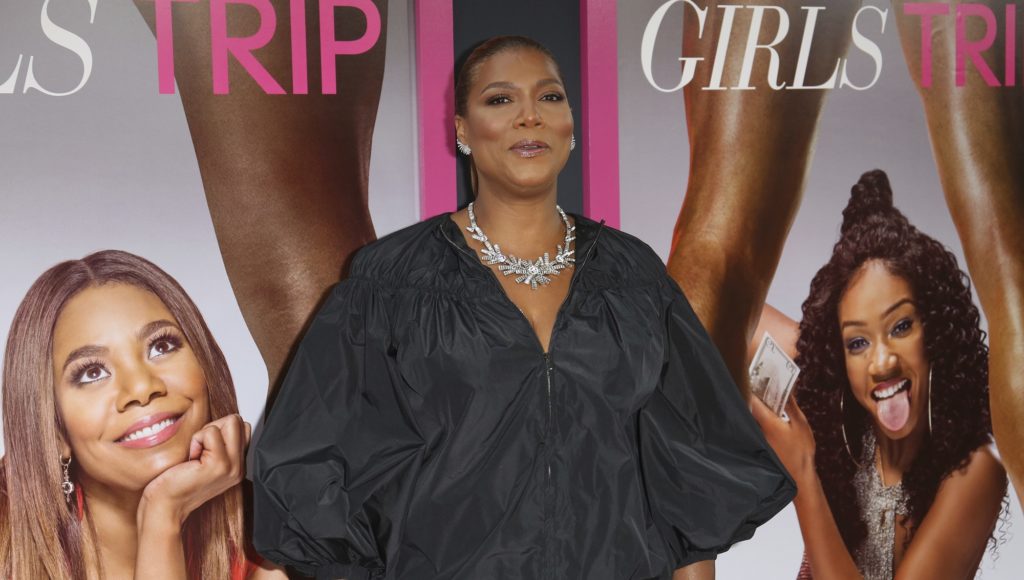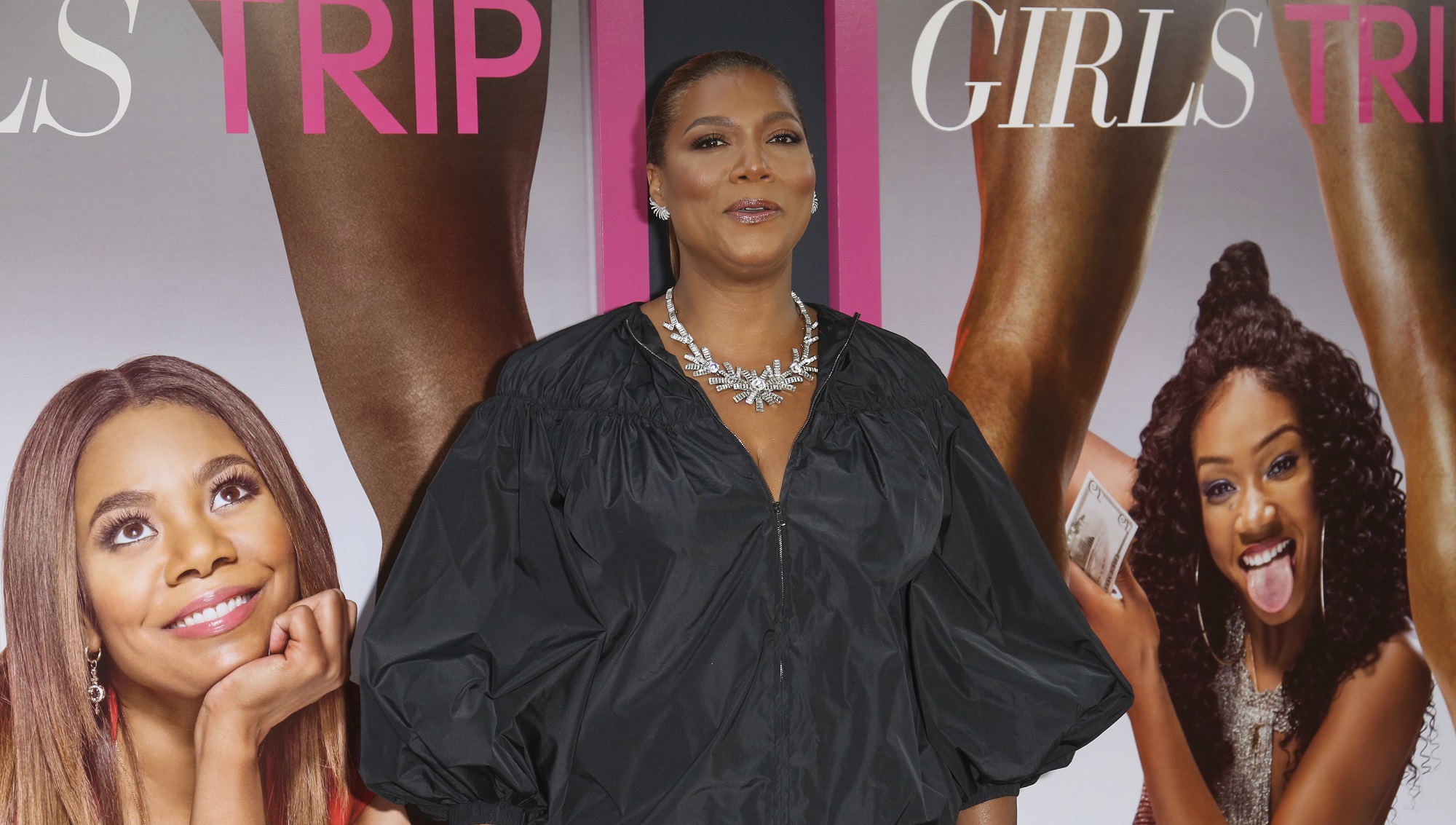
That is the focus of a new feature from IndieWire detailing stories of how Black media have traditionally been given inadequate opportunities in Hollywood.
BlackTree TV CEO and executive producer Jamaal Finkley allegedly revealed an unsettling email exchange with Universal Pictures. In July 2017, BlackTree TV sought to interview the cast of “Girls Trip”, but was met with resistance.
“‘Girls Trip’ will be hard as we don’t have that many slots for AA [African-Americans],” a representative for Universal Pictures reportedly told Finkley. “You don’t have that many slots for AA for ‘Girls Trip’?! I don’t get it. Really. Makes no sense,” he replied at the time. “What movie does have extra AA slots? If I send a white person, will you have a slot?”
One year later, Finkley is no less bothered by the exchange.
“Designating us as limited because of the color of our skin and not because of the reach of our outlet,” he said. “I think it’s just an openly racist practice. The studio should invite me for my viewership, not because, ‘Oh, we have two slots for Black people.’”
Multiple Black entertainment journalists said this is a regular occurrence. In fact, it is so common for black media to be positioned in unfavorable places on the red carpet they have a name for it: “The Rosa Parks section.”
Jawn Murray, founder and editor-in-chief of Always A-List said, “There could be a movie as black or as urban-reaching as ‘Soul Plane,’ but they would still only invite a handful of us. There’d be these large groups of 30 and 40 white journalists, both from mainstream or large outlets, [and] some guy who was from a small town and wrote the film column.”
Universal is not the only studio guilty of alleged segregation. American Urban Radio Networks host and producer Tanya Hart accused Paramount of separating Black and White press at “Selma”, the Martin Luther King, Jr. historical drama.
“We were all invited to come over to Paramount for a screening, and we realized when we got there that the only people in the room were the Black press, and a selected group of Black press — we’re the people who kind of do this all the time,” said Hart. “And then we realized there was a really big screening in the big auditorium over there at Paramount… and a party!” “And I’m like, ‘Uh, this is “Selma,” people,’” Hart added. “I mean, it was so obvious that nobody thought through the fact that what the movie was saying, what the movie was about, and here they were … segregating the Black press from the White press.”
African American Film Critics Association co-founder Gil L. Robertson IV said even minority actors and actresses are marginalized when it comes to media opportunities.
“You would have some pictures that, for whatever reason, they wouldn’t make minority talent available,” explained Robertson. “We discovered, time after time after time after time, the media opportunity comes and the Black actor hasn’t been booked, or the Latina actor wasn’t booked, or the Muslim actor wasn’t booked to participate,” Robertson noted. “Or the woman wasn’t available to participate… It wasn’t just a black/white thing, it was across gender lines and all racial lines.”
Universal Pictures and Paramount declined to comment to IndieWire.



